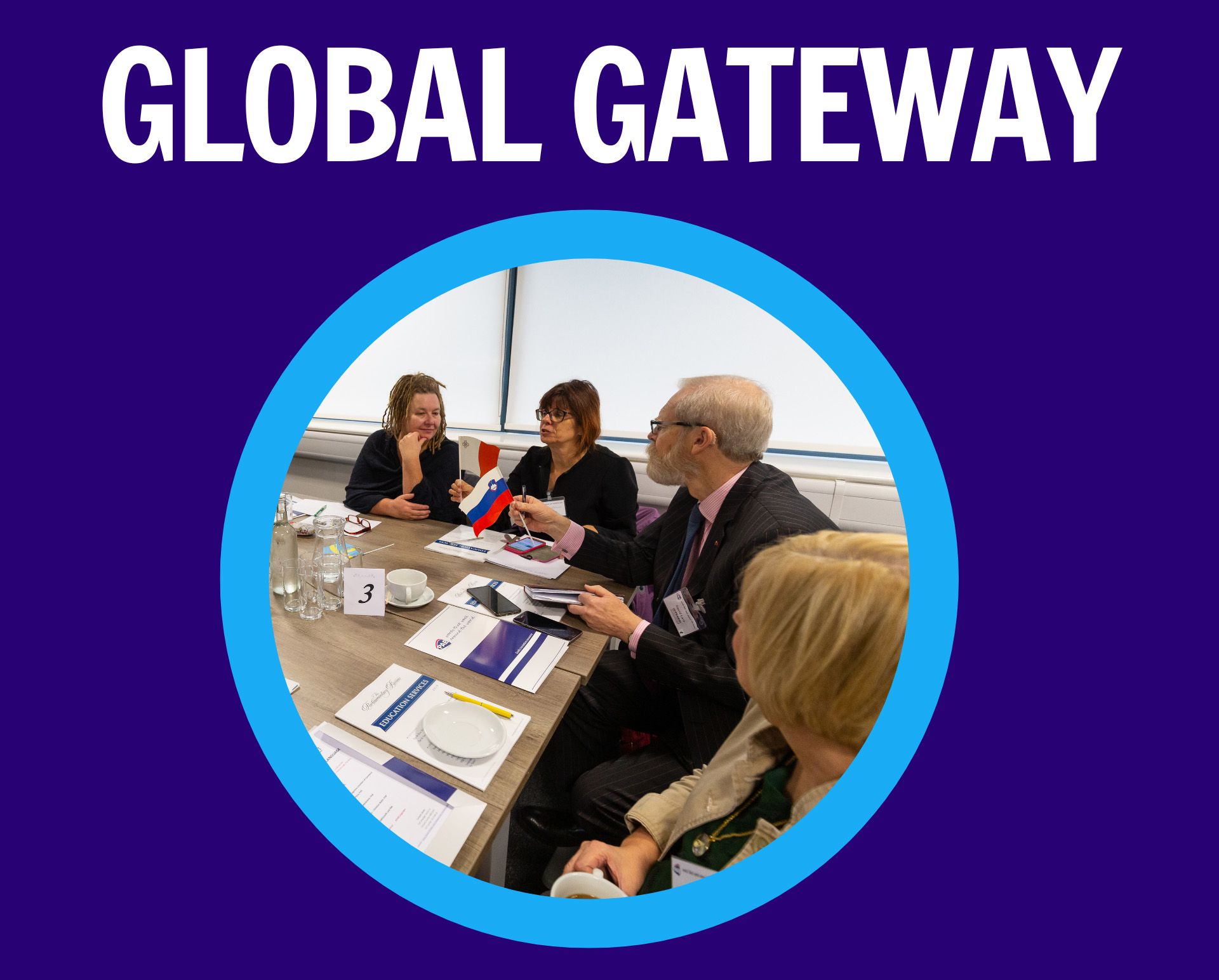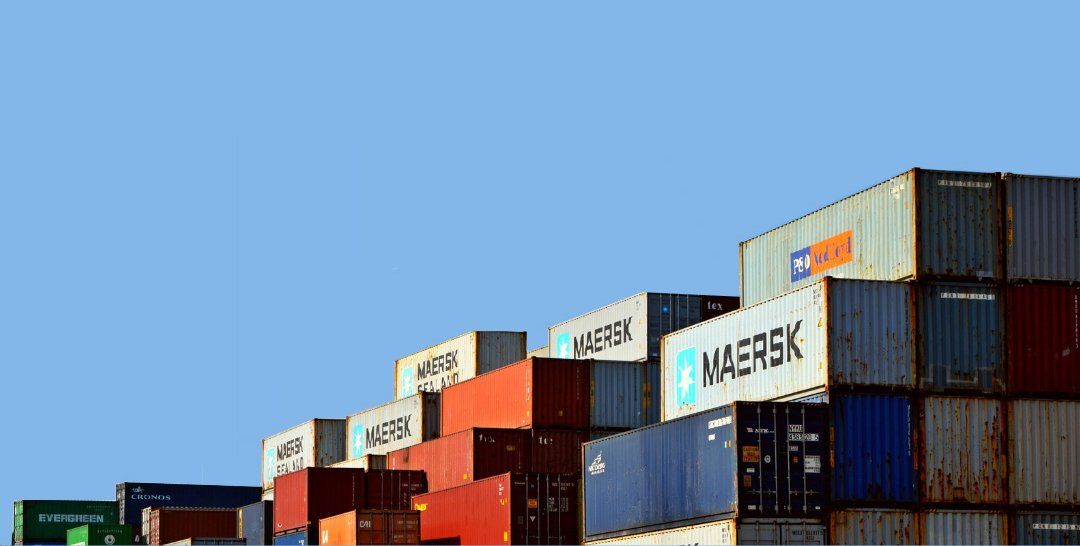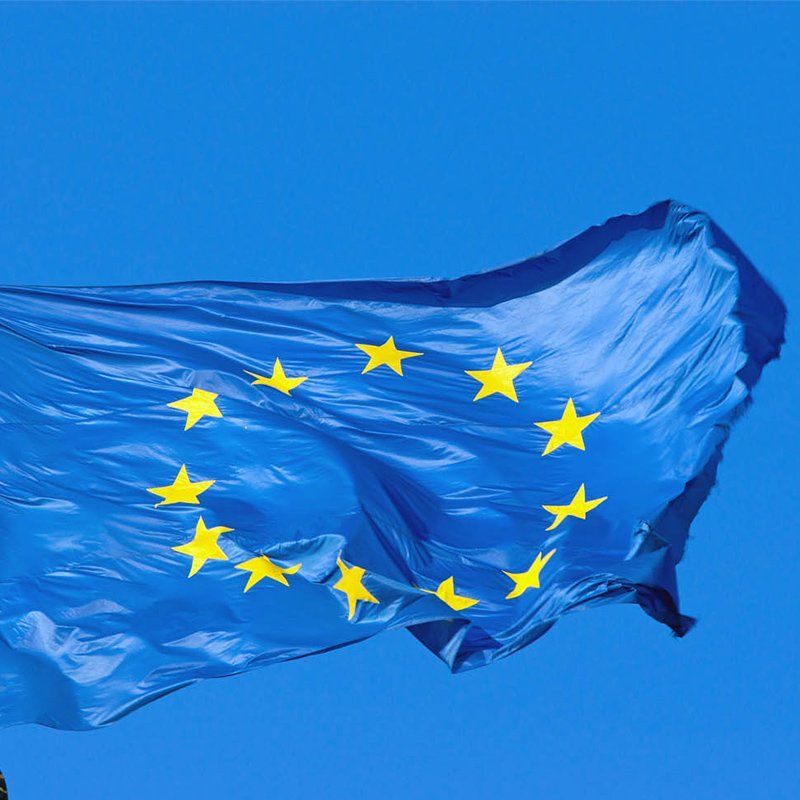The Importance of Localisation: Why every business should ‘Just do it’
We have all heard of Nike’s famous marketing slogan ‘Just Do It’, but its meaning fails to be successfully interpreted across global languages and cultures.
The slogan ‘Just Do It’ is concise, clear, and in the English language, effectively evokes notions of bravery, determination and decisiveness. These traits reflect desired characteristics for Nike’s sport orientated audience, who wish to increase their ability to use these important sporting attributes. Therefore, the message resonates and engages Nike’s audience.
However, the success of the marketing campaign relies upon its interpreted meaning, one that fails to effectively translate into foreign languages.
In many languages this abstract slogan is untranslatable, often relying completely upon the target countries population’s ability to speak English. This results in the complete failure to attract a non-English speaking audience and therefore creates far less potential for global customer interest and understanding. This is the case for many marketing catchphrases.
The population of non-English speaking countries that attempt to translate these slogans in their native language, often require complete cultural adaption and linguistic modification to be understood.
This is because direct translations of ‘Just Do It’ lead to an ungrammatical and nonsensical phrasing. For example, in many languages such as Russian, words are more concrete and therefore fail to convey the meaning of contextually bound abstract slogans without creating a non-grammatical and foreign sounding interpretation. Additionally, in some instances direct translations can lead to completely novel meanings, for example, ‘Just Do It’ directly translated into Hindi is, ‘This is the only thing to do’ which is not quite as motivating.
The consideration of an overseas audience and their interpretation and understanding of marketing material is integral for international branding and overseas growth. Relying upon overseas audiences’ English ability not only fails to attract a non-English speaking audience, but disregards the importance of an overseas country’s language and culture. If approximately 1.35 billion people can speak English, then it is estimated that 80% of the world’s population cannot, representing a vast global audience international brands like Nike are failing to adequately communicate with.
Whether you are a large corporate or an SME with aspirations of achieving international growth, cross cultural and language considerations are highly significant when successfully engaging a foreign audience. Efficient and targeted communication that is translated and localised to specific audiences will greatly support market entry, as native speakers will easily interpret and accept the presence of marketing material. This enables a brand to achieve seamless communications to new target audiences regardless of culture, language and location.
PAB Sema4 Latest News









